Bajirao Mastani
Bajirao Mastani : Movie Review
3 & 1/2 stars out of 5 (between Good and Excellent)
Director : Sanjay Leela Bansali
2015, Hindi (English subtitles available)
INTOLERANCE breeds great love stories.
With each new movie whatever may be its outward garb , Sanjay Leela Bansali proves his core gift for gracefully depicting the ravages of romance. Be it old zamindari Bengal refracted through Bansali-land, Havelis in hyperdrive or Twitter-age Gujarati fantasia, he gloriously re-enacts his yen for casting star-crossed fate-slain lovers whose endings don't exactly follow the diktats of play-it-safe-rubber-satin-cushion-it-Mumbai-mainstream-pikchars. When he would have rifled into archives of Ithihaas, I'm not sure he would have been exclusively thrilled by finding the real-life legend of Bajirao I - the early 18th century hero and greatest of the Maratha commanders who knocked the stuffing out of the Mughals while winning his people's hearts and making British profilers like R. Temple declare him "the incarnation of Hindu energy". But the minute Bansali beholded his lover Mastani in the mix, that train of multicolour thought might have culminated in a series of phone calls to production designers and choreographers who are needed to erect SLB fiestas sugared by song and dance.
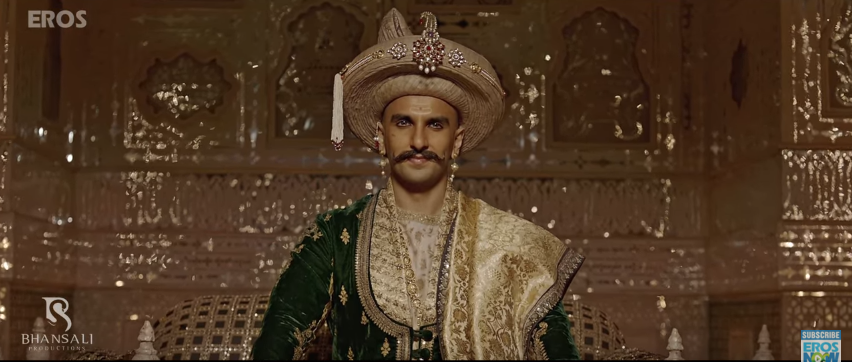
The good news is that the sixers outnumber the snafus. I was puzzled by the rather pedantic concern about these Maratha bravehearts repeatedly knicking their flesh with swords to generate red ink (they must have had fantastic desi doctors who injected all in the land with special life-long-protection-vaccines otherwise we might lose count of how many here die of tetanus) but then I'd be wooed along by how smoothly Bansali etches his traditional Bharatiya Mills & Boons. One is not exactly transported to early 1700s Maratha soil and walls by the designer sets we see here, but there's no disputing the wide-angle splendor of a shot of the Shahu's palace spreadeagled above a lake ,or better still a beautifully overcast canvas of grassy plains seguing into a lake in which the hero lashes about in magnificent tragedy.
The first few frames of Bajirao Mastani's music video teaser - released six months before the full-length actual feast - riveted my senses. The billion-dollar palatial hall in which a dance and song transpires, seems to be from outer space - so rich and glossy is its universe (it looked better on my laptop than it does in the theatre). Sudeep Chatterjee and Bansali ensure a canvas of stunning ultra-HD clarity, used to showcase an Indian king's 'Darbar' which is bathed wall-to-ceiling in gossamer shimmering beige. And a delicately pretty Deepika sing-song-sighs that she has become a Deewani (gone silkily nutzoid) to regal Ranveer. Yes, yes this song is heavily redolent of his previous films but there is such a haunting dulcet finery in Shreya Goshal's vocals and the overall instrumentation that I also became a Deewana. Bansali is Gujarati - and Gujarat and Maharashtra till less than a century ago were part of the same great state - so it makes organic sense that he should sooner or later make this magnificent-looking opus rooted in the Maratha domain.
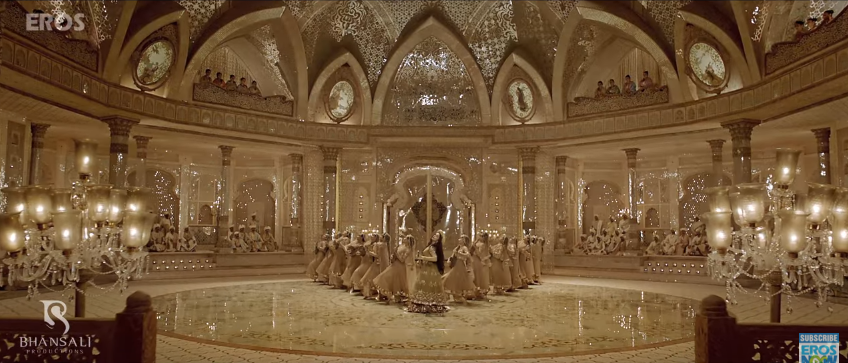
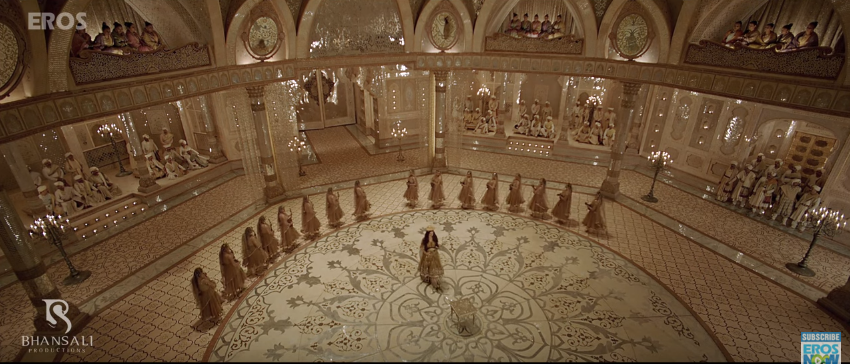
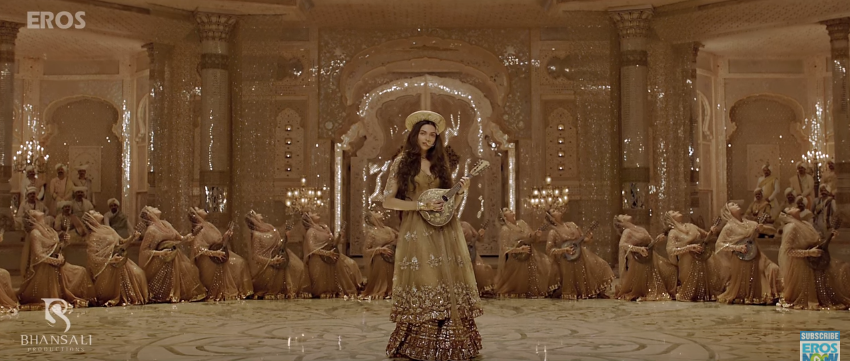
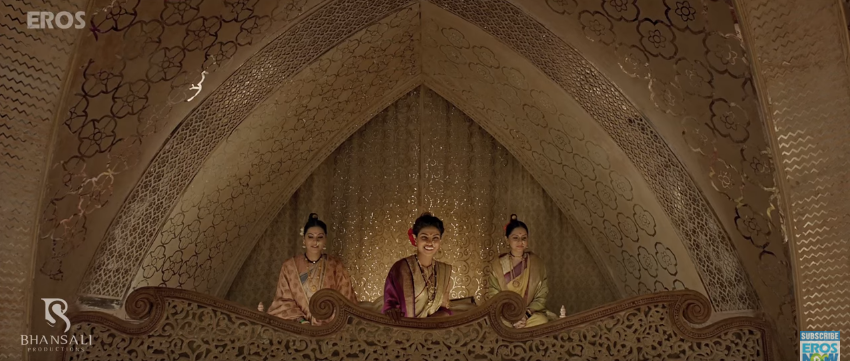
The greatest atrocity in Bansali's previous pic 'Ram Leela' was that Deepika and Ranveer's french kisses were utterly useless and an insult both to Indians' and Europeans' sensual abilities - the duration of kissing and intimacy of contact simply didn't translate into sizzling hot passion. In 'Bajirao Mastani' such considerations of carnal bonafides are precluded by Banasali's fear of the range of activites that this alpha-Maratha may be shown to safely indulge in. Did 18th century Marathas practise french kissing ? (Vatsyayana's third century Kamasutra does give some tips on this). Irrespective of whether they did or not, Bajirao Mastani is no Game of Thrones, so we have to content ourselves with non-physical fireworks between Ranveer and his two lovely ladies. How palpable is their visual chemistry? Though sparks sadly do not singe the screen, the narration successfully shows the instinctual attraction between Bajirao and Mastani burning brighter than the obligational love that the husband feels towards his first wife.
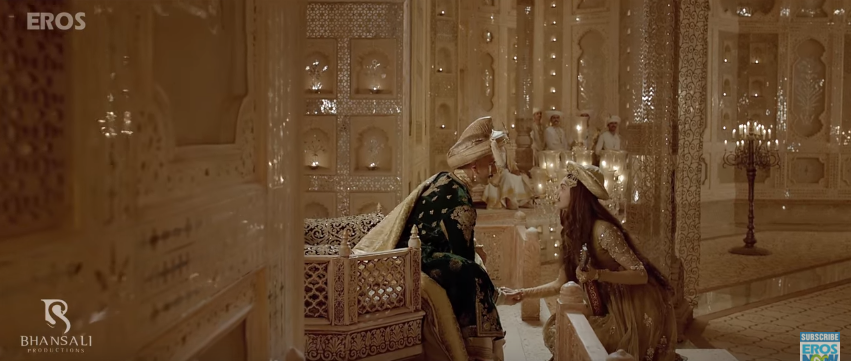
As for the biggest misfire in 'Bajirao Mastani', it lies in the action choreography that jars the eye and mind. Bansali unwittingly proves that his dramaturgy is a million times superior to his attempts at metallurgy. When swords swing, arrows are fired , flesh is ripped and men tumble, neither the special effects nor the cinematographic captures make us inhale the brutality of battle . There's just an impression of mediocre action sequences propped by bombastic background music ,with the editor seeming hapless. In the movie's first battle scene , the sequence where Bajirao crescendo-leaps over the heads of two successive soldiers before launching himself at the enemy atop an elephant, is the one-eyed peshwa amongst the blind hoi polloi, but even here the montage could have been more thrillingly composed. Moreover, the enemy's fall from that high seat is klutzily shown.
Yes, this is principally a love story rather than a war film but Bansali should have paid better attention to succintly capturing what made Bajirao set an amazing record of forty consecutive battles won. Bajirao did this in real life with large-scale cunningness and insight like in the instance where he tempted the enemy further and further inland so as to negate their strong naval artillery, and on another occasion in his sacking of Delhi where he divided his army into two and foxed the Mughals with the weaker contingent. He most likely did not do it by what this movie depicts - by showing him as a Hulk-like one-man army, or by him telling a simple white lie and expecting a Nizam to be moronic enough to believe it.
When it comes to sentimental violence or emotional atyachar however, Bansali finds his element by hurling the cake (or modak in this case) with face-reddening force. Mastani's plight, wherein she is repeatedly given the cold shoulder by her husband's family, tellingly comes through - Pune's priestly brahmin big-shots couldn't show the depths of their Godly hearts when it truly mattered and saying that the Islamic overlords were no better is not the kind of defence the Vedas advocate. Prakash Kapadia's excellent dialogues adroitly mix in snippets of Marathi into Hindi confabs ,and the story's characters neatly avail of his verbal whips when needing fitting answers (the English subtitles are no less, what with lines embroidered such as "Delhi lies submerged in a haze of debauchery"). Never one to forget the predicament of other aggrieved ladies in his movies, he effectively gives acreage to the betrayal and unexpected shades of Kashibai. Even to the doubly satisfied Bajirao, he affords a complexity of despair when Ranveer's voice and quill sigh in amused wan submission that the demands of battle often pale before strife of the heart.
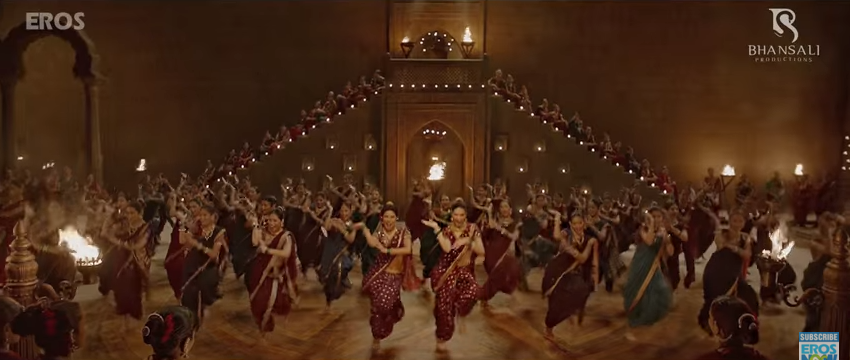
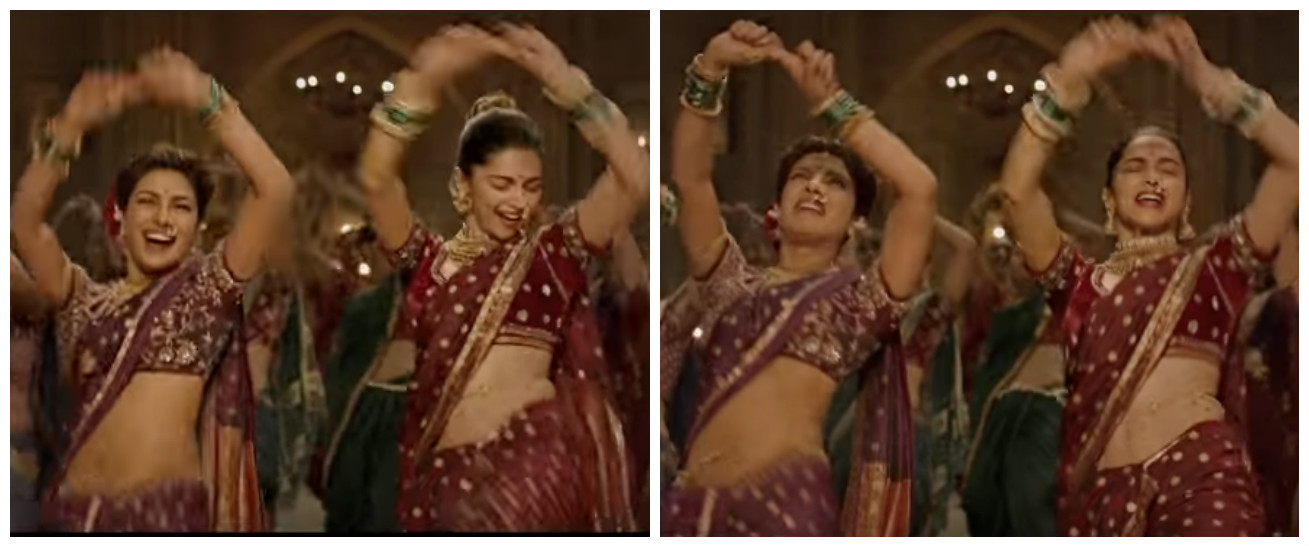
Left to his own devices , Bansali may even make Monica Lewinsky and Hillary Clinton do a disco together (while Bill wallows dysphoric in a corner). Here , just as he did in 'Devdas' by making two glittering icons Madhuri and Aishwarya shake it together big-time, he arranges Deepika and Priyanka (another A-list pair of good dancers) to perform excellently contrasted callisthenics to the beat of 'Pinga Pinga'. In fact the Devdas paralells are more than one - apart from the the two ladies in the love triangle (the third one is male, just to clarify in this age) doing a sari-clad jig together, our man torn between two ladies finding reprieve in alcohol, spatially separated lovers mystically sensing their fate... and more.
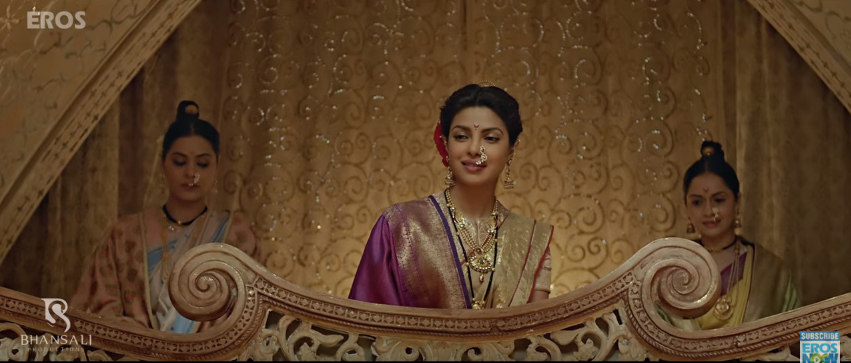
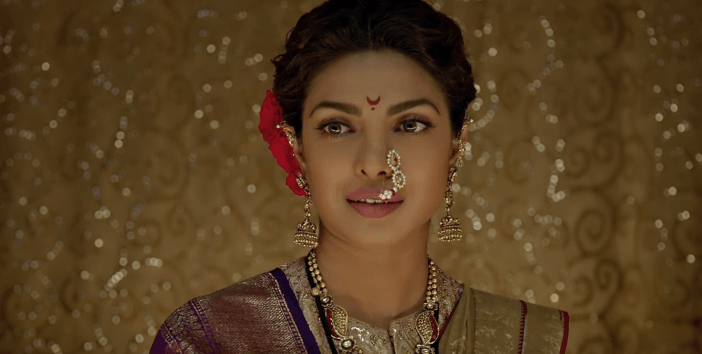
Priyanka Chopra's acting arc in this picture sports an admirably sly upswing in complexity. Initially she's the aggrieved kitten while Deepika essays the spunky graceful tigress but when the dust and betrayal settles, her solid core shows clearer. She's fabulously catty in the scene where she exchanges 'tilak' with her rival. Deepika sparkles no less in one of her career-best performaces . She's coolly terrific when her Mastani gives it back smack-bang to her malignant in-laws with slap-clap-worthy transcultural insights (cf. Madhuri's scene post 'Dola Re' in 'Devdas'). She may not ooze stunning romance and seduction but her farewell sequence with her sweetheart, particularly when she sportingly tosses her head through tears and a sly smile, is the stuff of wonderful movie scenes.
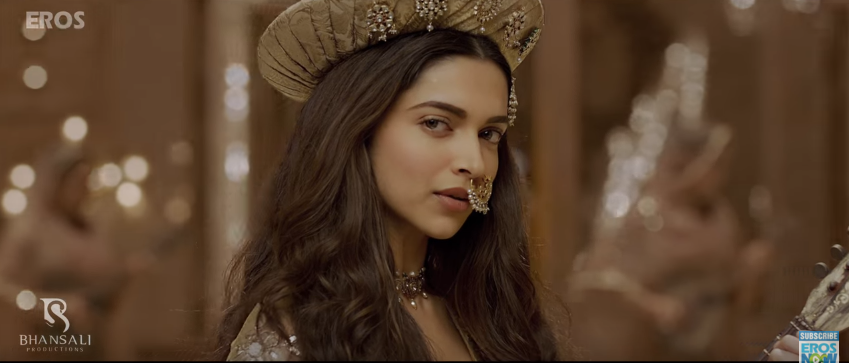
I researched to see whether the real life Bajirao emoted with the coltish humour and cheeky spine that Ranveer sports in this movie but didn't find evidence to this effect. I could never witness the formidable physiognomy and personal magnetism I had come to expect. That aside, Ranveer shoulders the film well, embodying a young commander who fearlessly rages into battle like an unstoppable inferno, whose steel is naughtily tempered by light-hearted darts, and who never bows to his family's disapprobation of a Muslim wife.
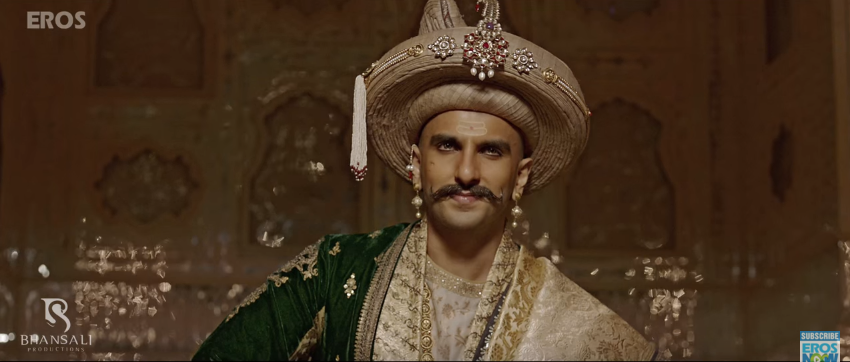
Bansali again proves that he is tone-deaf to the silences of good background music. In Bajirao's intro scene and in the one where he makes love to Kashibai, the BGM is unable to shut up and let the scene breathe. Except for "Deewani', the songs are more or less mediocre. But Bansali insists on putting 'Music' before 'Direction' in the opening credit titles that announce 'Music and Direction : Sanjay Leela Bansali" as if there is an A R Rahman co-existing with his admittedly excellent direcotorial skills.
He might as well have elongated that credit to say "Kindergarten Teacher, Music and Direction" . The ending preaches to us through a voice-over that love has no religion. Stupid Indian bumpkins that we are, we need to be verbally reminded out aloud about the message that has been driven throughout the movie. Tho bacchon, aaj humne phir se seekha ki mohabbat ka koi dharm nahi hotha!
After the movie, I found some people muttering that they didn't like the movie's supposed portrayal of Muslims as being large-hearted and of Hindus as being intolerant. This proves why you cannot teach secularism to fools - they will drag you down to their level and instead teach you their interpretation of religious one-up-manship. Bansali may thus not create a lot of converts but there is enough juice and sinew in this ornately picturized opus to make it rake in the moolah while pleasing the pundits of drama and acting. He will never , I fear, ascend to being a true auteur but he remains a high-quality melodramatist who elegantly marries pageant with substance.
UPN
UPNWORLD welcomes your comments.

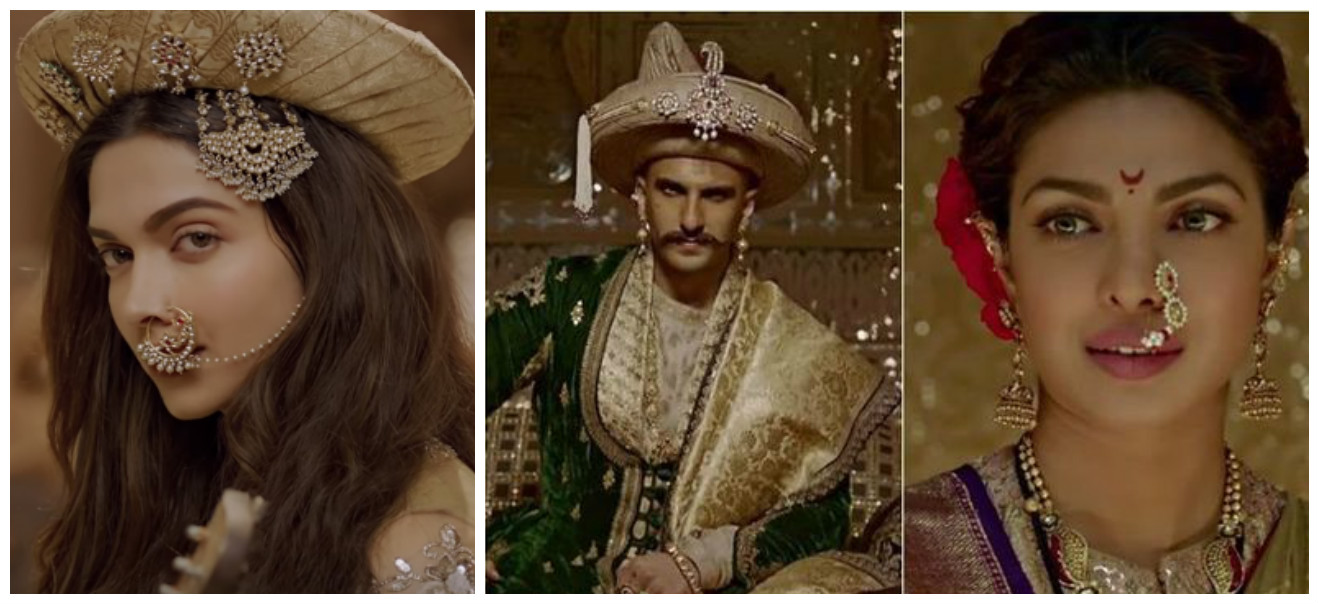
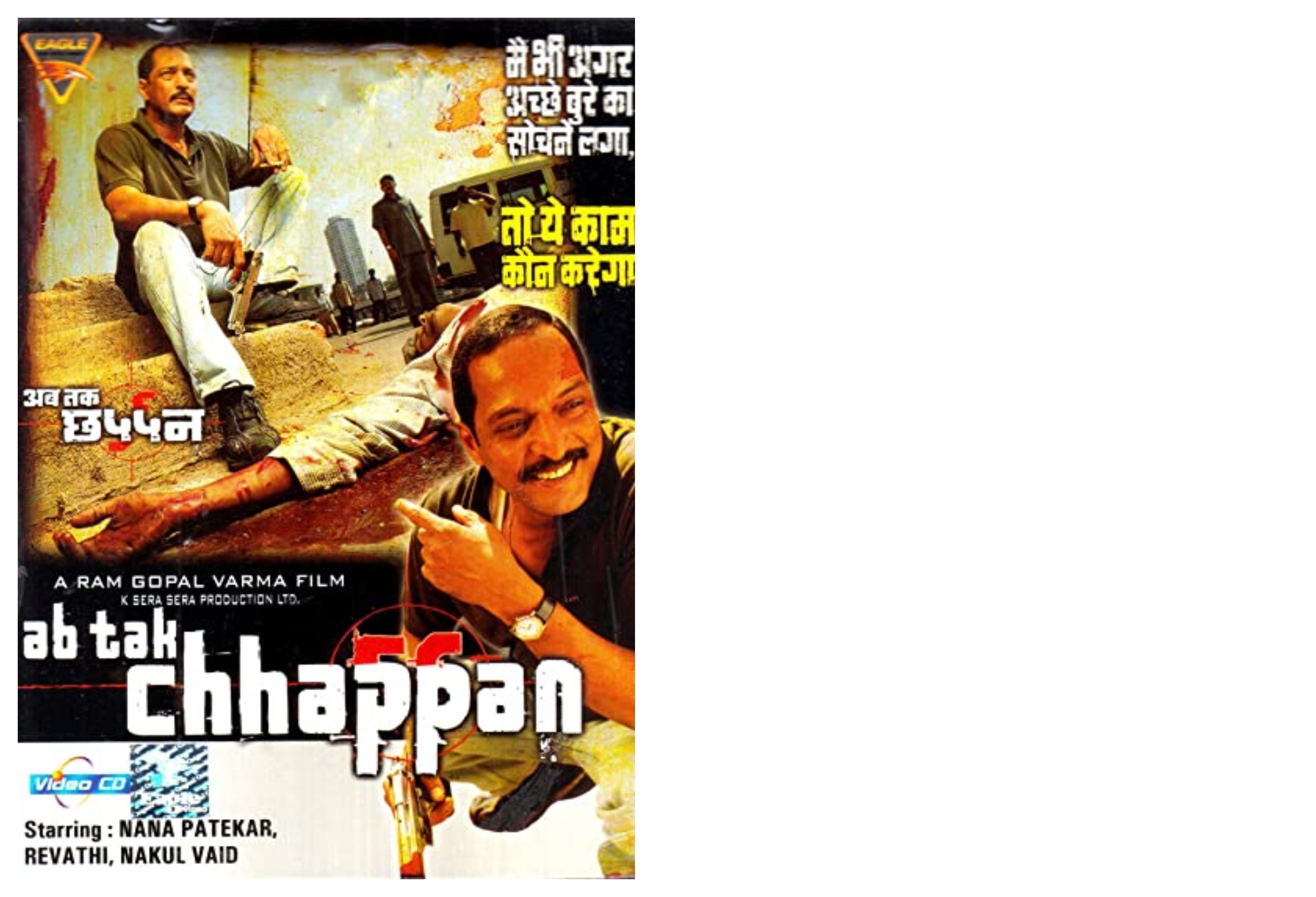
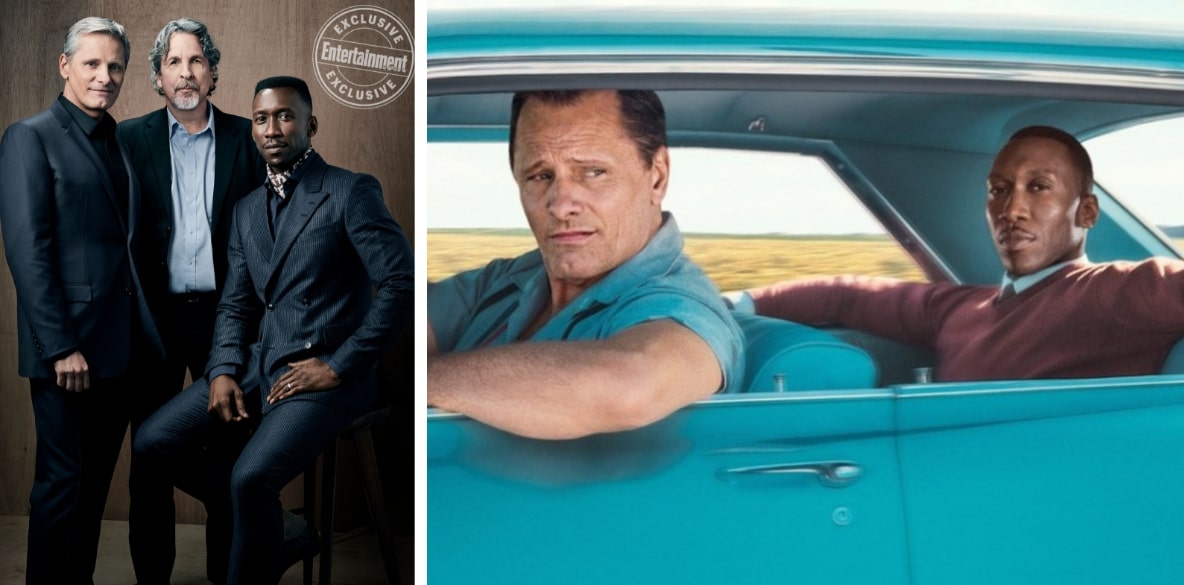
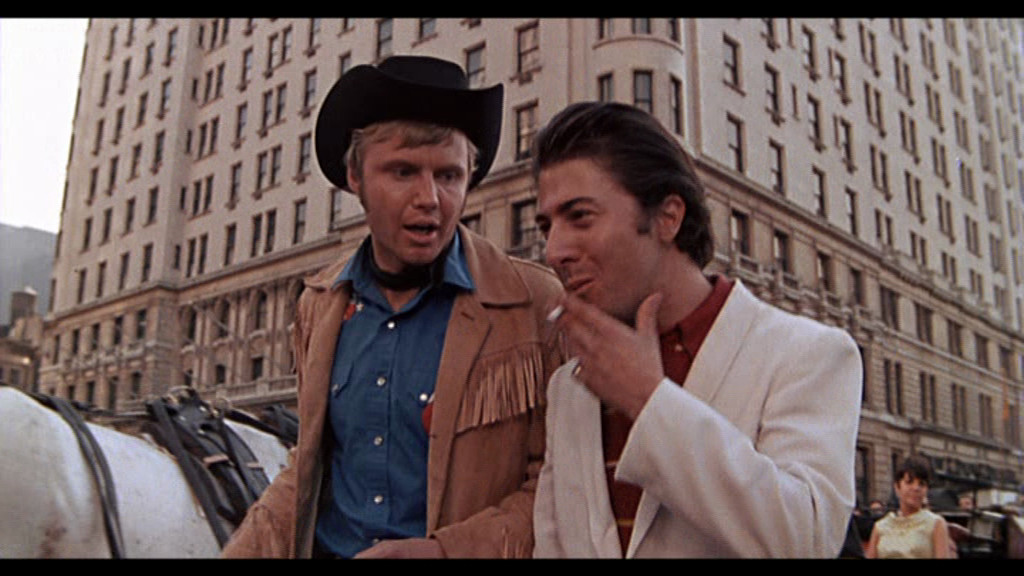
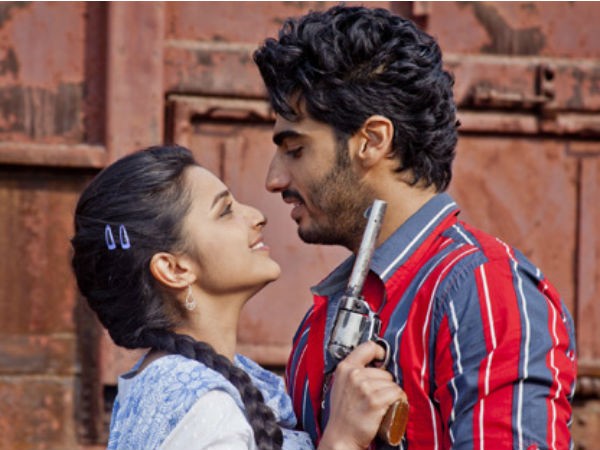




0 COMMENTS
WRITE COMMENT